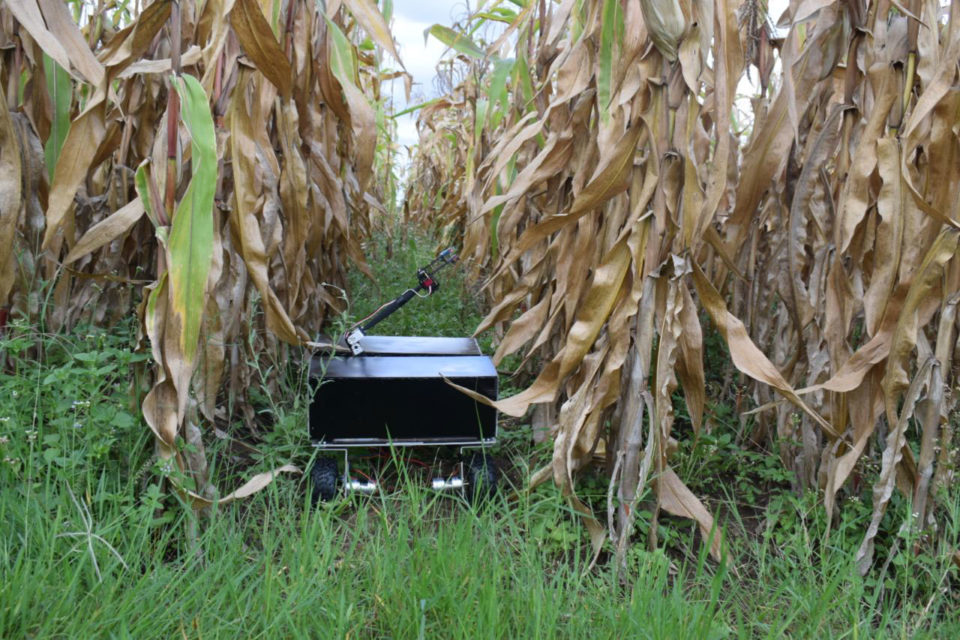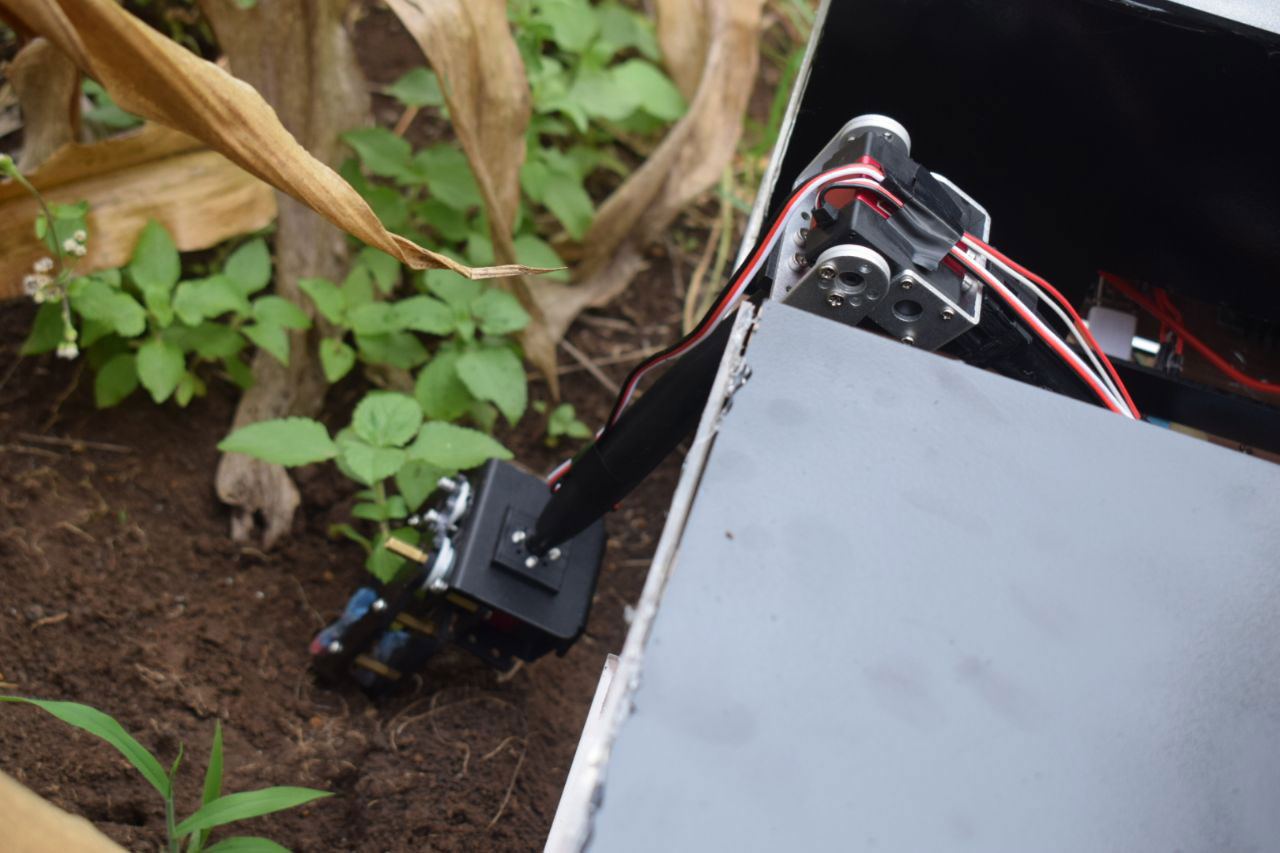Food security in Africa is critical. Declining agricultural stocks, coupled with the ongoing effects of climate change, pose a threat to the sustainable production of food.
As an industry, agriculture forms the backbone of Africa’s economy. There are approximately 33 million farms on the continent, 80 percent of which are small farms, under five acres, which are run by families – that’s roughly seven out of 10 homes that rely on agriculture to earn a living. One of the greatest threats that these farmers face, are low yields due to weed infestations.
Weeds can reduce crop yields by up to 60 percent, which can have severe economic and humanitarian knock-on effects. Currently, the use of herbicides is one of the most common ways to fight against the effects of weeds, but this is far from an ideal solution.
Herbicides are expensive, and need to be bought regularly to keep weeds at bay, resulting in a costly expenditure that may not be sustainable. In addition, they can contaminate the crops themselves, posing a health risk. Even worse, farmers themselves are at risk of contracting cancer from exposure to certain herbicides. Lacking the proper safety equipment such as respirators and protective clothing, herbicide use can pose a huge health risk.
To help tackle this problem, two students from the Jomo Kenyatta University of Agriculture and Technology in Kenya have designed a robot powered by artificial intelligence (AI), to automatically remove weeds.
Growing up in Nairobi, university classmates Kenneth Gicira and Michael Mwaisakenyi saw the experiences of problems caused by de-weeding first hand, with Mwaisakenyi’s grandfather still tending to his seven acre farm. Now, the pair have reached the global final of the Microsoft Imagine Cup – an initiative that supports the brightest young minds from around the world to help solve problems with technology.
With ambitions to develop their idea into a finalized product to help farmers across the country, their goal is both noble, and exciting. Here’s a closer look at their project.
The ultimate de-weeding machine
The robot that Mwaisakenyi and Gicira have designed is a miniature vehicle with four-wheel drive, which allows it to traverse farmland terrain without sacrificing maneuverability. It also has a built-in robotic arm for gripping, which is used in conjunction with a plough-like weeding tool.
Rather than just designing a remote-controlled robot however, the pair have bolstered their solution with AI, giving the robot the ability to remove weeds autonomously. The system uses Microsoft’s Custom Vision AI, which has been trained with images of both crops and weeds, so that it can automatically differentiate between the two groups. An on-board microcomputer, capable of carrying out object detection offline, works in conjunction with a stereo camera system, which acts as the robot’s eyes.
The end result is a device that not only saves farmers from the physical strain and injuries associated with manual labor, but also allows weed removal at any time of day and in different conditions, offering further convenience. The AI system itself also requires no technical knowledge to operate, due to its machine learning-gathered intelligence.
When fully developed, the AI-powered robot solution will allow farmers to remove weeds on their famers without the use of expensive and dangerous herbicides, greatly reducing the health risks associated with working with, or ingesting, herbicides.
“My 75-year-old grandfather could remove the weeds from his farm without the risk of getting cancer,” Mwaisakenyi states, painting a promising glimpse of a brighter future. “We named our Imagine Cup team The Knights, after the knights of old – following noble ideas and helping people. We want to put farmers, and consumers of their crops, first.”






